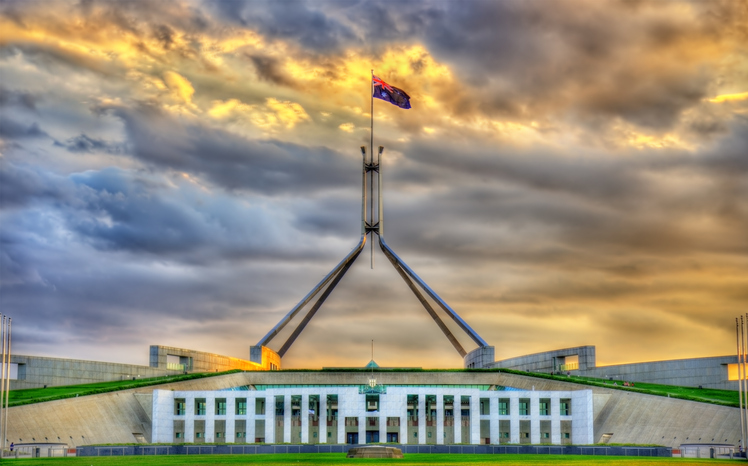Retailers are pinning their hopes on a Coalition government being returned to power amid growing concerns over Labor’s push to restore penalty rates.
Just days out from the federal election, Australia’s struggling retailers remain sceptical about Labor’s push for a pay rise, an expert says, with the Coalition’s return to power slated as the best outcome for Aussie retailers.
Michael Wilkinson, senior employment relations adviser at Employsure told Retailbiz that most retailers will be hoping for stability in the coming election through the return to power of the Coalition as they grapple with tough market conditions.
“The uncertainty created by a broad scale wage increase that hasn’t been articulated clearly would be alarming for some (retailers).
“With the coalition if they are re-elected that would provide a greater degree of certainty in respect of business, obviously when the incumbents returned usually there is a high degree of certainty and that serves well for business confidence,” he said.
In terms of industrial relations, the Coalition has a much more conservative suite of policies, Mr Wilkinson said, making their re-election more desirable for retailers doing it tough.
“In terms of industrial relations, there’s not really going to be much of a change. The (Coalition’s) primary objective is to lower taxes as a critical part of creating what would be a strong economy.
“They’ve also indicated they’re going to try to tackle a bit more strongly union recklessness of union aggressive behaviour by unions similar to setting up the ABCC but I don’t think that’s going to touch retailers.”
Conversely, Labor’s push to restore penalty rates would adversely swell retailer’s operational costs, placing additional pressures on their bottom line as they feel the crunch of decreased foot traffic, online competition and rising rents , causing greater “uncertainty,” he says.
“Labor has made some big promises that haven’t really been explained in much depth. They’re obviously going to push for a living wage but what the looks like, how it’s enacted, those details are quite sketchy,” he said.
“In this time and age where digital retailers, online retailers, consumer behaviours are changing and the costs of bricks and mortar increasing our clients are very concerned about how wage pressures would go.”
While there is the potential for consumer spending to pick-up if there was a wage increase, Mr Wilkinson says this is less likely given the past trajectory of peaks in the economy.
“Even if consumer sentiment picks up how retailers get that during previous upswings in the economy, it hasn’t quite flowed to retailers in the way it historically once would.”
Some of Labor’s policies, such as the proposed crackdown on wage theft, are however “good” and largely backed by retailers, Mr Wilkinson says.

